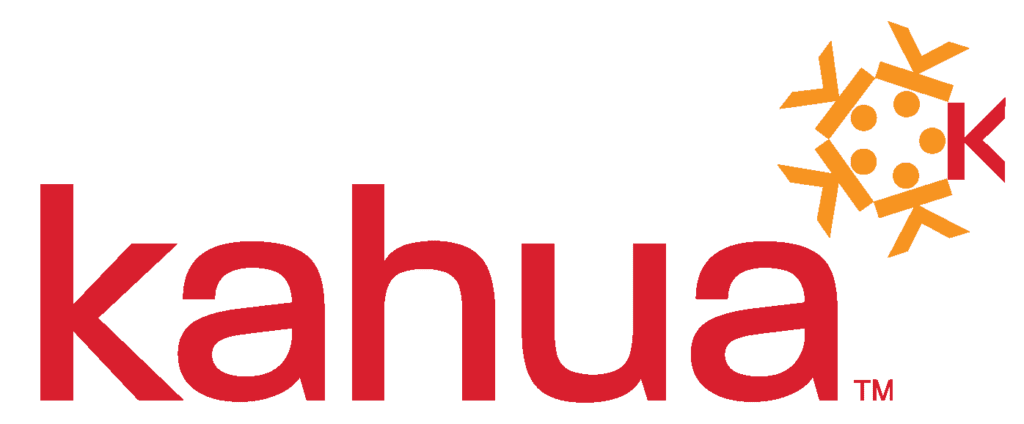When the Sun Sets, Who Owns the Data?
Many of the legacy program management information systems (PMIS) adopted by construction organizations were built with little consideration for long-term scalability and data ownership. These solutions were often designed to address immediate needs without foresight into evolving processes and data management practices.
The construction industry is experiencing rapid growth and evolving regulatory requirements, an environment that demands adaptable systems. Legacy PMIS solutions that fail to keep pace are often phased out, leaving organizations with vast amounts of stranded data. Transitioning to new systems mid-project or during ramp-up phases becomes not just a necessity but a significant challenge. When legacy technology sunsets, you can be left in an uncomfortable lurch! Where does your data go?
To avoid this predicament, organizations must prioritize platforms that offer flexibility, scalability but more importantly, ownership and control over their data.
Data Ownership and Control
You cannot own data without owning the system. An ideal PMIS should enable easy access to your data whenever you need it, in a format that allows for seamless integration with other systems or platforms. Your data remains usable and valuable throughout its life, regardless of changes in technology or software platforms.
You also need to have the right security measures in place. Your PMIS should provide robust security systems to protect against data breaches, unauthorized access and data loss. Ensure the platform complies with industry standards and regulations regarding data protection and privacy.
Long-term Viability
“Good enough” is not nearly good enough for managing major construction projects for the education, healthcare, commercial and government sectors.
Investing in a PMIS with a forward-thinking approach ensures that your data management practices can evolve alongside your organization. Look for platforms that offer continuous updates, support and are capable of future enhancements. This reduces the risk of becoming obsolete.
You should invest in a PMIS that facilitates effective, efficient growth … both vertically and horizontally. This keeps you prepared if your company expands the type of business it handles OR the amount of business it acquires.
Compliance and Governance
Your chosen PMIS should support compliance with industry regulations and governance standards. This includes data retention policies, audit trails and the ability to demonstrate regulatory compliance when required.
By prioritizing these factors, organizations can avoid being caught off guard by sunsetting technologies and ensure that their data remains an asset. Platforms like Kahua exemplify these principles by offering not only technological agility and scalability but also robust data ownership and security features. This approach not only safeguards your current projects but also lays a solid foundation for future growth and innovation.
In today's dynamic business environment, the ability to own and control your data is as critical as selecting a PMIS that meets your operational needs. By choosing a platform that prioritizes data ownership, security and long-term viability, organizations can effectively navigate the challenges. This proactive approach not only mitigates risks associated with sunsetting technology but also empowers organizations to harness their data for strategic advantage.
Make sure your data is truly yours! See how Kahua gives you access to your data, whenever, wherever, forever.


